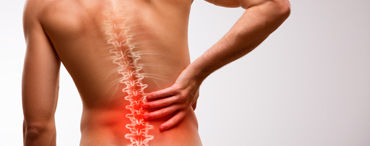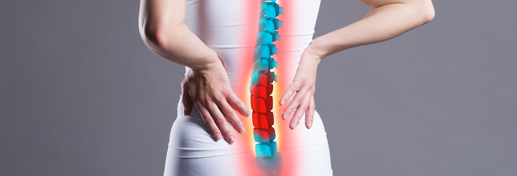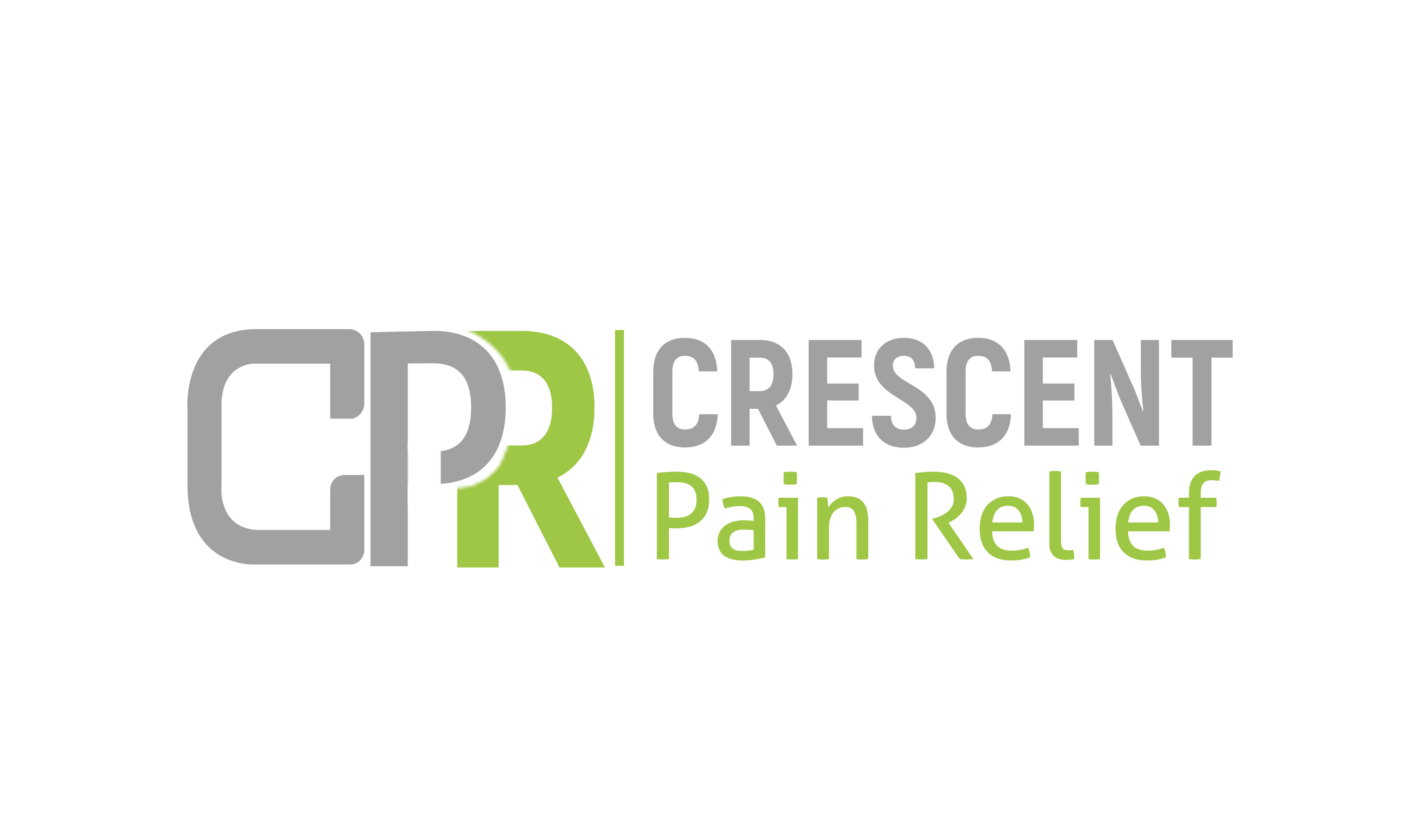Herniated, Bulging, and Degenerative Disc
With age, it is very common for some people to develop a herniated or bulging disc in their back or neck. Whether from regular wear and tear, injury, or poor lifestyle choices, many people are at a higher risk of developing a disc problem. In addition to both herniated and bulging discs, degenerative disc disease is another problem many people face.
What is a Bulging Disc?
A bulging disc occurs when the central part of a disc starts to protrude towards its outer layer. There are many causes of a bulging disc, from pressure being placed on it to age, lifestyle choices, and injury. A bulging disc is not something to ignore, as it may result in a herniated disc or even degenerative disc disease. The main thing to keep in mind is that a bulging disc is usually a sign that something else is going on in the areas around the spine, such as sciatica, spinal stenosis, or a pinched nerve. A bulging disc can occur anywhere in the back or neck, but it is most common in the lower back and upper spine.
What is a Herniated Disc?
Perhaps one of the most common causes of back or neck pain, a herniated disc is often referred to as a slipped or ruptured disc. Typically, this condition occurs in the lower back or in the discs in the neck. The discs (the soft, rubbery pads found between the vertebrae) make up the spinal column. Their purpose is to help the spine bend and flex, while also acting as shock absorbers. When a disc herniates, it means that part of the center has pushed through the outer edge of the disc and towards the spine. This puts serious pressure on the nerves in the spine, which can lead to mild to severe pain, numbness, or even weakness in the legs.

Symptoms of a Herniated Disc in the Back
Lower back pain is the leading cause of disability in the world. Unfortunately, many people do not realize that the pain they are experiencing is connected to a herniated disc. That being said, pain isn’t the only symptom associated with a herniated disc in the lower back. Here is a look at some of the other signs to watch for:
- Back pain
- Weakness in one leg or foot
- Tingling sensation or numbness in the legs or feet
- Loss of bladder or bowel control (rare)
Symptoms of a Herniated Disc in the Neck
If you have a herniated disc in the neck, it is probably due to pressure being placed on the nerve in the neck. When this occurs, it typically results in pain in the muscles between the neck and shoulder. Other symptoms include:
- Pain shooting down one arm
- Weakness, tingling, or numbness in one arm
- Burning sensation in the shoulders, neck, or arm
Symptoms of Degenerative Disc Disease
Degenerative disc disease is one of the most common causes of lower back pain and neck pain. This condition can be confusing, as it is not really a disease, but rather a term used to describe changes in the spine. People with degenerative disc disease usually experience symptoms related to regular wear and tear of the spinal discs. Depending on how severe the condition is, you may have weakness, numbness, and hot, shooting pains in the arms or legs. This disease can also result in chronic lower back pain with episodes of more severe, debilitating pain.
It is important to note that the symptoms of degenerative disc disease usually vary from person to person. However, some of the most common symptoms you should be aware of include:

- Neck Pain
- Leg Pain
- Thigh Pain
- Lower back Pian
- Buttocks Pain
- Muscle spasms
- Stiffness
Please keep in mind that the term “degenerative” can be misleading. In most cases, this terminology indicates that the symptoms have gotten worse. However, with degenerative disc disease, this is not the case. Degenerative describes how the discs degenerate over time, which is completely normal. This natural, age-related condition affects millions every year.
Here at Crescent Pain Relief Dr. Mohammed Shaikh and his team of professionals understand just what it takes to treat these common disc problems. We offer a wide range of treatments, from discogram to injections, physical therapy, spinal cord stimulator implant and more. If you have any questions about these common disc problems and the treatments we suggest, please contact Crescent Pain Relief today.
